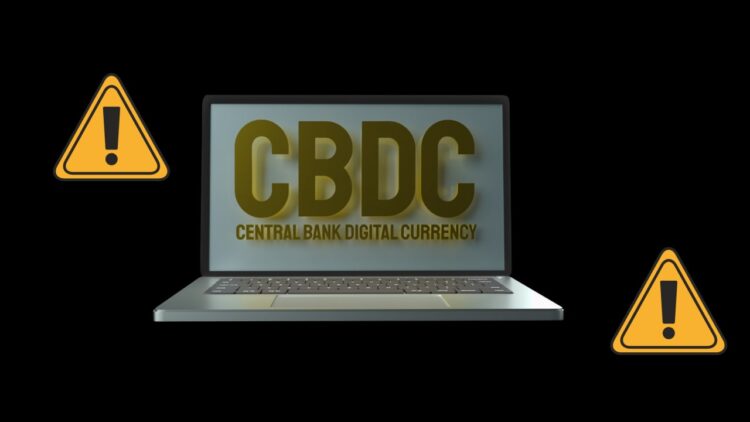Bruce Fenton, a U.S Senate aspirant has tagged Central Bank Digital Currencies (CBDCs) as dangerous tools. The seasoned Politician believes the government will have total control of users’ funds with CBDCs. On his Twitter account yesterday, Bruce noted that when the government freezes funds belonging to the citizens, they indirectly cripple protest actions.
Bruce Fenton believes his notion is not just in the interest of the United States, but also for other nations around the globe.
In recent times, it hasn’t been uncommon for governments to restrict the funds of their citizens. Last year, in Afghanistan, when the Taliban took over, citizens’ withdrawals were restricted. Similarly, in 2020, during a rampant protest in Nigeria, the government decided to freeze some specific accounts to limit the funding of the protest.
Do States Need CBDCs?
Central bank digital currencies were invented to improve the existing financial structures. Governments and states who have started the CBDC experiment claim to have made it easier for citizens to transact financially within and outside the country.
Notably, though, CBDCs may well limit users’ privacy and give the government more control. Unlike most cryptocurrencies which are decentralized assets, CBDCs are centralized.
The nature of CBDCs has triggered crypto fans to question the invention. Currently, it is uncertain if countries experimenting with CBDCs are in support of cryptocurrencies or not. For example, the Chinese government has invested a lot in developing and promoting its digital Yuan. However, the government has strongly been against Bitcoin and other cryptocurrencies for years.
On the other hand, the Japanese government which is also exploring the use cases of CBDCs is strongly in support of blockchain, crypto, and NFTs.
In the meantime though, it is yet to be known if CBDCs will play an integral role in blockchain and finance in the future.










